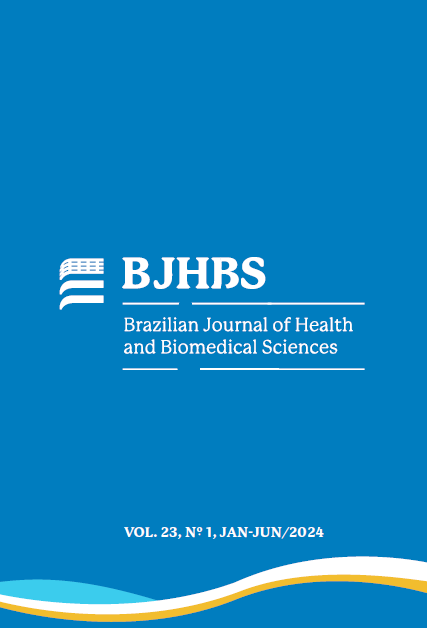The dynamic of intersected social categories in social interactions in a Brazilian psychosocial care center
DOI:
https://doi.org/10.12957/bjhbs.2024.85281Abstract
The Brazilian Psychiatric Reform advocates non-asylum treatment for individuals diagnosed with severe or persistent mental disorders, which is conducted mainly by Psychosocial Care Centers. This study aims to understand the role of intersected social categories in social interactions among social actors in those institutions. This qualitative ethnographic research uses the technique of participant observation. For the theoretical framework, intersectionality theory was chosen, in combination with the concept of intersectional stigma to reflect on intersectional discrimination. Erving Goffman´s works are also used to evaluate how social categories are socially situated. In addition to power relations between staff members and patients, the study examined the intersection of social categories, including how the social actors involved tend to notice their oppressions, but not their privileges, that is, the oppressions of others. The researcher argues therefore that, within that institution, the intersected social categories influence the dynamic of social interactions and generate an even more unjust experience for the patients in the institution in question.
Downloads
Downloads
Published
How to Cite
Issue
Section
License
Copyright (c) 2024 Brazilian Journal of Health and Biomedical Sciences

This work is licensed under a Creative Commons Attribution-NonCommercial 4.0 International License.
After the final approval, authors must send the copyright transfer agreement signed by the first author representing each additional author. In this agreement must be stated any conflicts of interest.
Brazilian Journal of Health and Biomedical Sciences de http://bjhbs.hupe.uerj.br/ is licensed under a License Creative Commons - Attribution-NonCommercial 4.0 International. 

